My Best Reads of 2024
What Are Your Recommendations for ‘25?
Looking back at the books I read this year, it was a history heavy list. Even the fiction I read followed that theme.
I was inspired by some…disturbed by others. But I find lessons in every good book I read, and I certainly did in 2024.
Here’s a list of the books from which I learned the most:
1.
The book is a true eye-opener. As the title suggests, James became a folk hero less because of bank robberies and more due to becoming a post-war Confederate symbol, still fighting the lost cause. This book introduced me to TJ Stiles, a masterful biographer with a gift for capturing the era he is writing about. (The opening pages of Jesse James are as good as any biography I’ve ever read). I’m mostly through Stiles’ Custer biography and just borrowed his Vanderbilt biography from my dad.
2.
I so respect Chuck Lane (I took some classes with him in law school) for diving into this most harrowing of American episodes and exposing this forgotten injustice to a broader audience.
I’ve written about this several times, but the Colfax massacre and Supreme Court case that followed it are the best case study in American history of what happens when political and racial violence are not met with swift accountability. It’s a painful book, but it’s history that every American should know (and the very history that some want to be censored).
Sadly, we failed to act upon its key lesson in recent years.
3.
I read everything Erik Larson writes, and he never disappoints. Incredible history and story telling in here. And, along with a few conversations and another book below, a strand of this book inspired me to write “2025” (which also became the podcast I shared here).
4.
If you’re looking for a short, efficient read that explains the overall economic times we find ourselves in—and how “neoliberalism” drives so much of the political and societal splintering happening around us—this is it. I don’t agree with all aspects of it, and we need to find far more solutions that it outlines at the end, but this account connects so many dots.
5.
My favorite novel of the year (devoured it in a day), earning all the praise it is receiving. You will laugh and be horrified on the same page.
6.
In addition to telling a gripping story, this book taught me a lot. (Through books, podcasts and a personal visit to Navajo Nation, I delved into Native American history and culture this year, and will keep doing so). And the way this book masterfully told each chapter through a character’s eyes, this was the other book that inspired how I put together “2025.”
7.
If you’re looking for some early-year inspiration, read this book. Not only as a reminder of just how courageous and relentless John Lewis was (no matter how tough things got, he was always the one to urge activists to keep going), but about the constant North Star that kept him going: building a “Beloved Community” of mutual respect and love. It’s the type of hopeful vision we need today. The account of the “Freedom Rides” in this book is, alone, worth the read.
8.
A must read. Quick too.
Like “Invisible Doctrine,” Applebaum connects so many dots among autocracy, oligarchy and corruption—and how emerging autocratic regimes are working together in countless ways (with help from too many others willing to prioritize profit over democracy and human rights).
Sobering, but we’re better off understanding the reality of what we face, and learning lessons about what to do. Will write separately on this in coming days.
9.
Given that the incoming Trump Administration will double down on the failed education policies of gerrymandered red states, this book explains the origins and motivations behind the relentless attacks on public education—including the out-of-control private school voucher movement. Also a quick read, but foundational to understanding what is happening.
As a side note, some of the very billionaires decrying that our nation does not generate enough home-grown talent to fill high tech jobs are also the ones who have been destroying our system of public education for decades.
10.
Perhaps because I read it directly after “Invisible Doctrine,” I can’t stop thinking about this account of Captain Cook’s final voyage.
The vivid description of the world as it existed at the time—the late 1700s—is stunning. Both the various peoples Cook encounters, and the pristine nature of where he travels, whether islands in the Atlantic and Pacific, or the coasts of Oregon, Hawaii, or Alaska. Each encounter between the two ships and their sailors with native peoples is a drama unto itself.
While Cook himself displayed a dark side, marked by moments of cruelty, more than most of his era, he worried that his travels would negatively impact the worlds with which he was connecting. (He’d often keep his ship anchored well off-shore to minimize the impact his sailors had on shore).
I finished the book awed by the beauty of our planet (the images remain as vivid now as when I read it), and wanting to see more of it. But sobered knowing that Cook’s nagging concern about the long-term damage to come has proven to be prescient more than he even foresaw.
Feels like generally heavy reads, I know. Perhaps fitting given the times we’re in.
As we enter 2025, I welcome any of your recommendations on fiction and non-fiction I should get my hands on….
Day 28 — December 28, 2024
In the battle between Elon, Vivek and billionaire tech bros vs. his MAGA base, Trump sides with the bros. He explains that he uses HB-1 visas to staff his own properties, a statement that warrants closer examination.



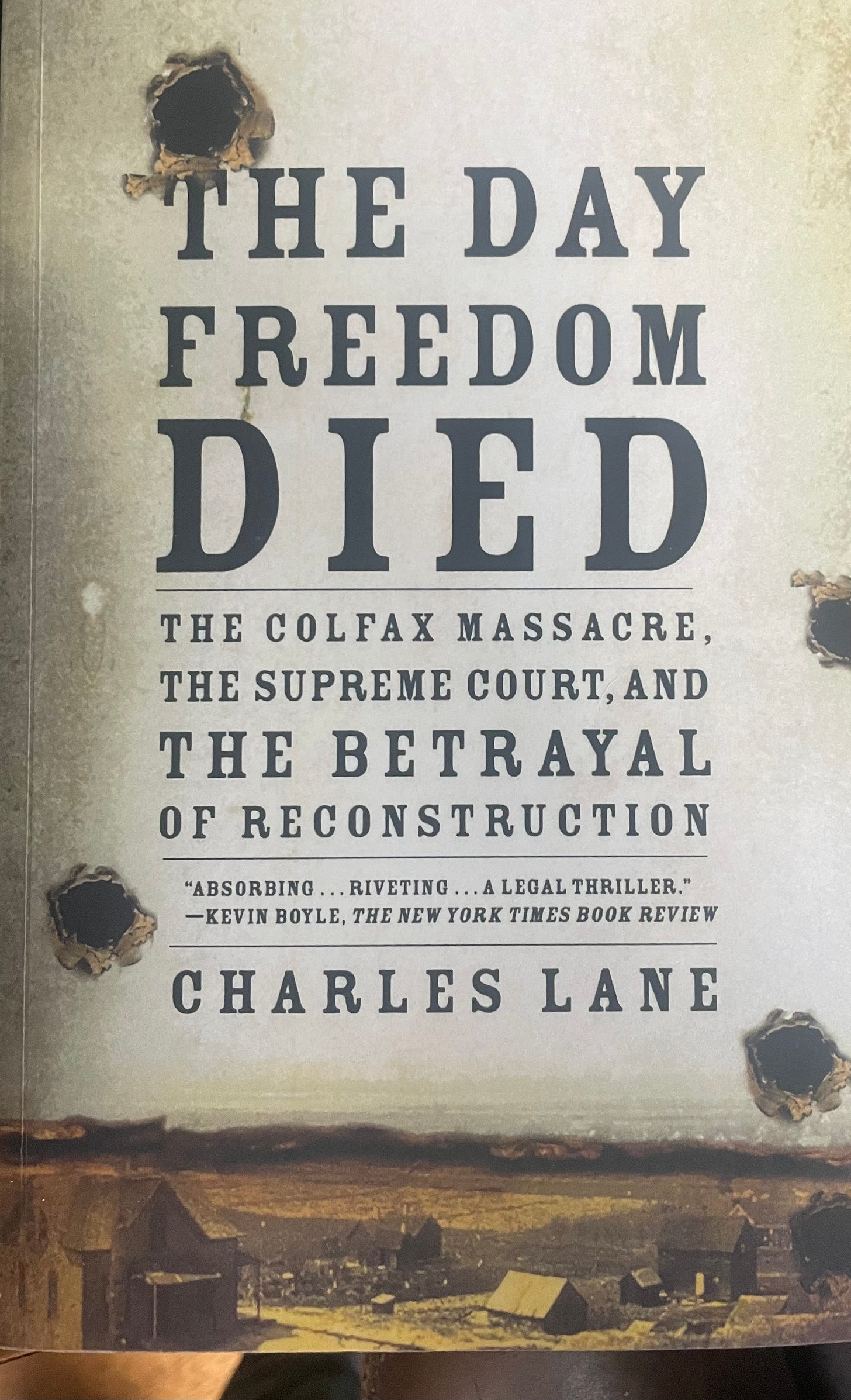
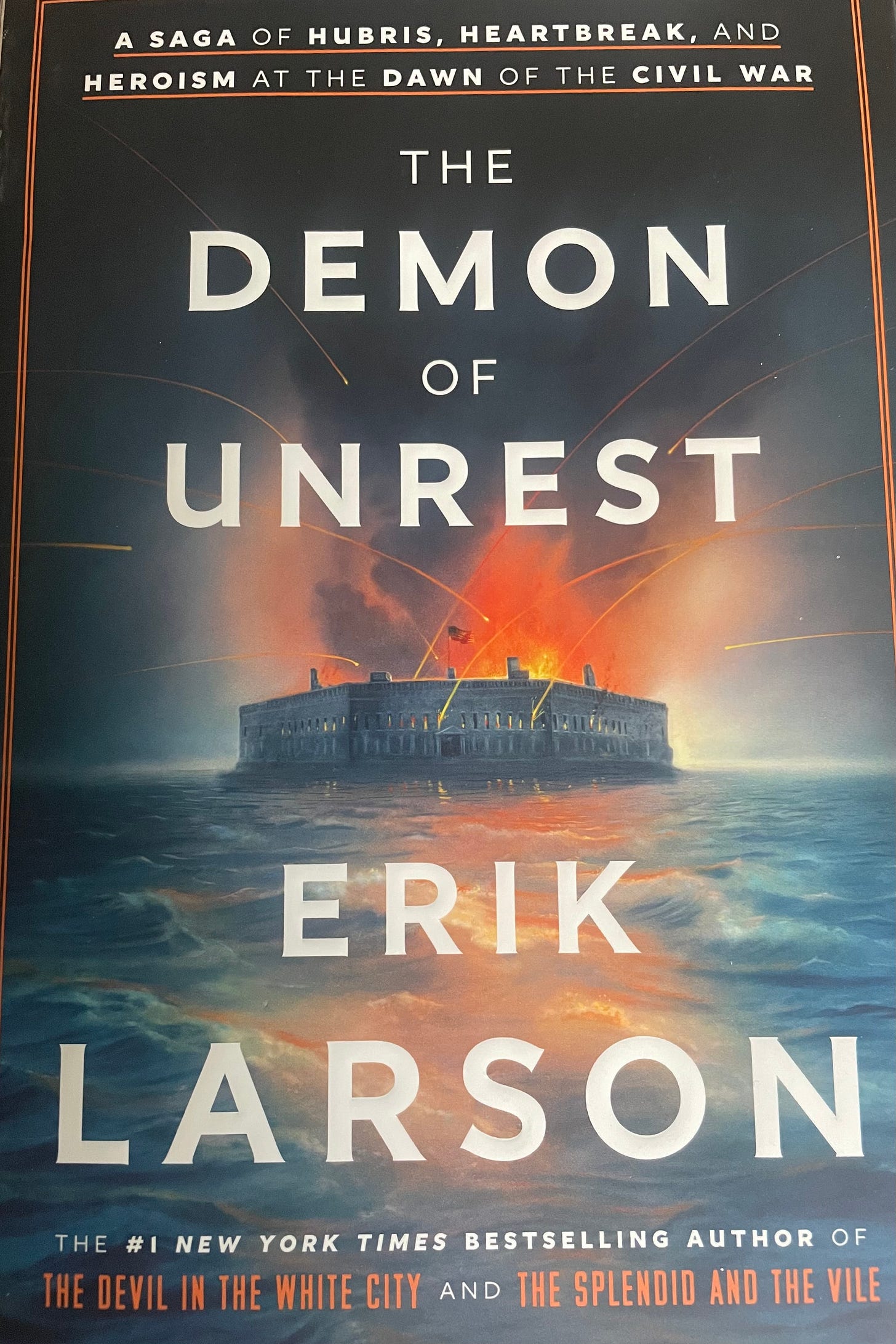
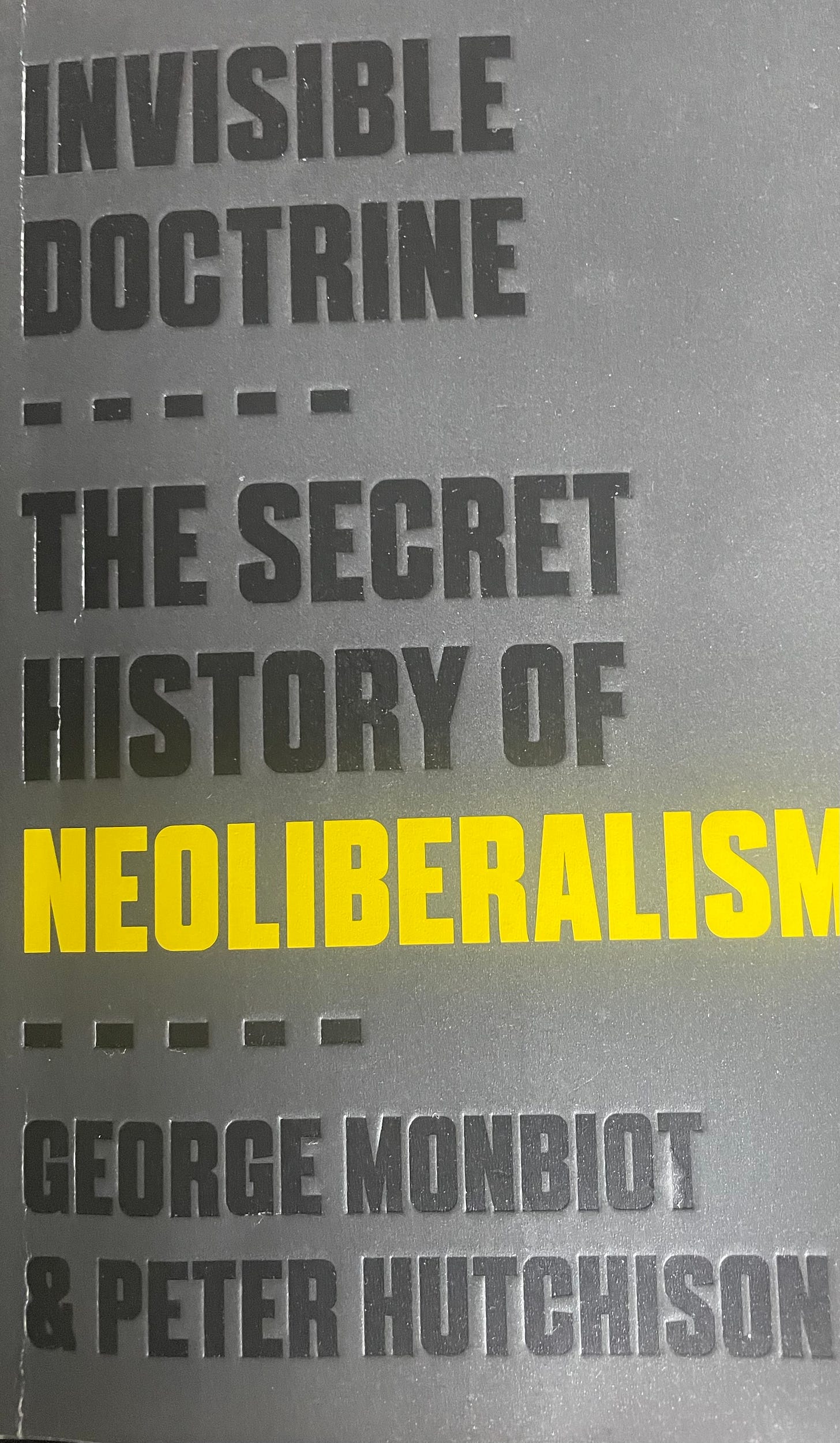
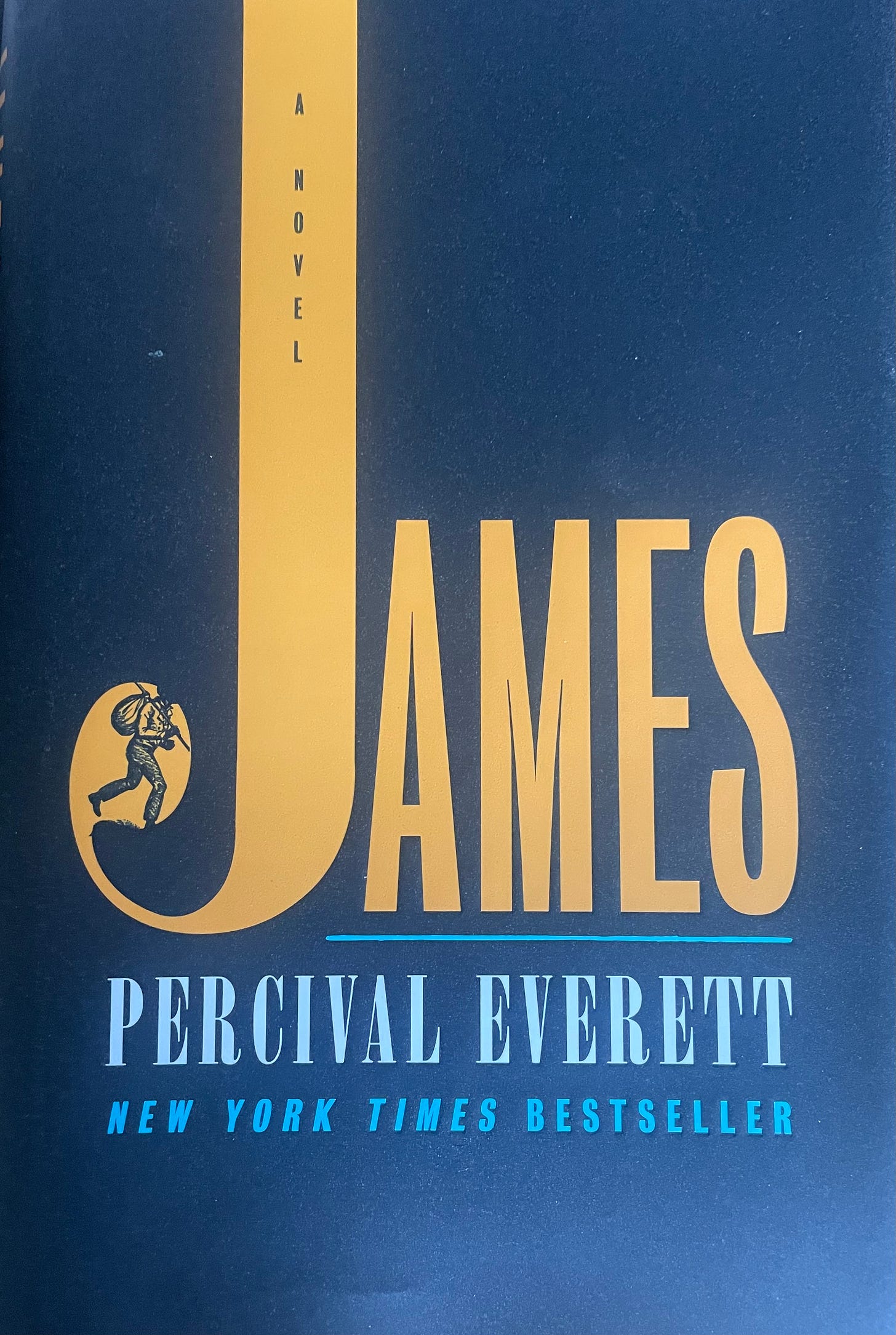
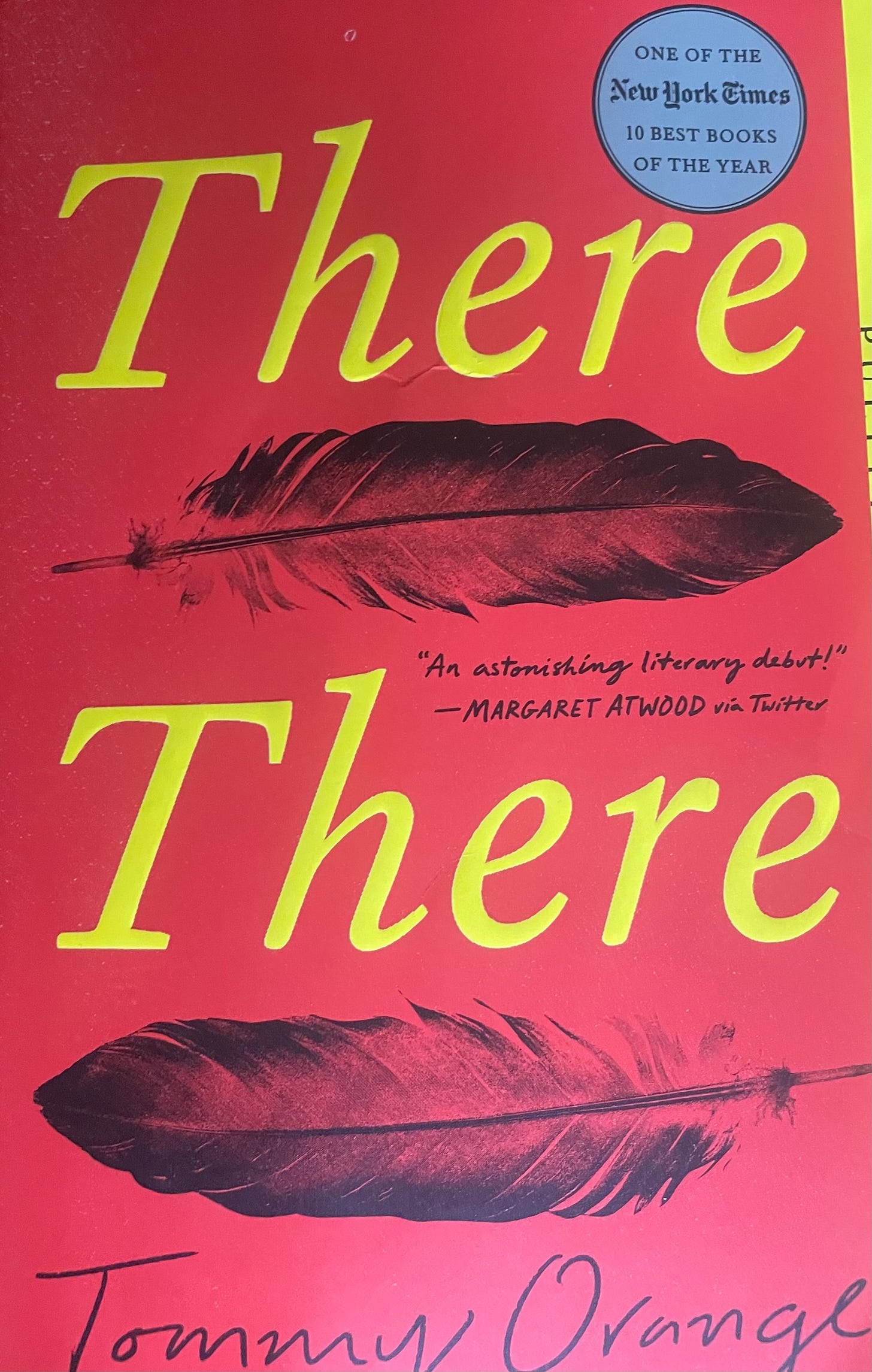
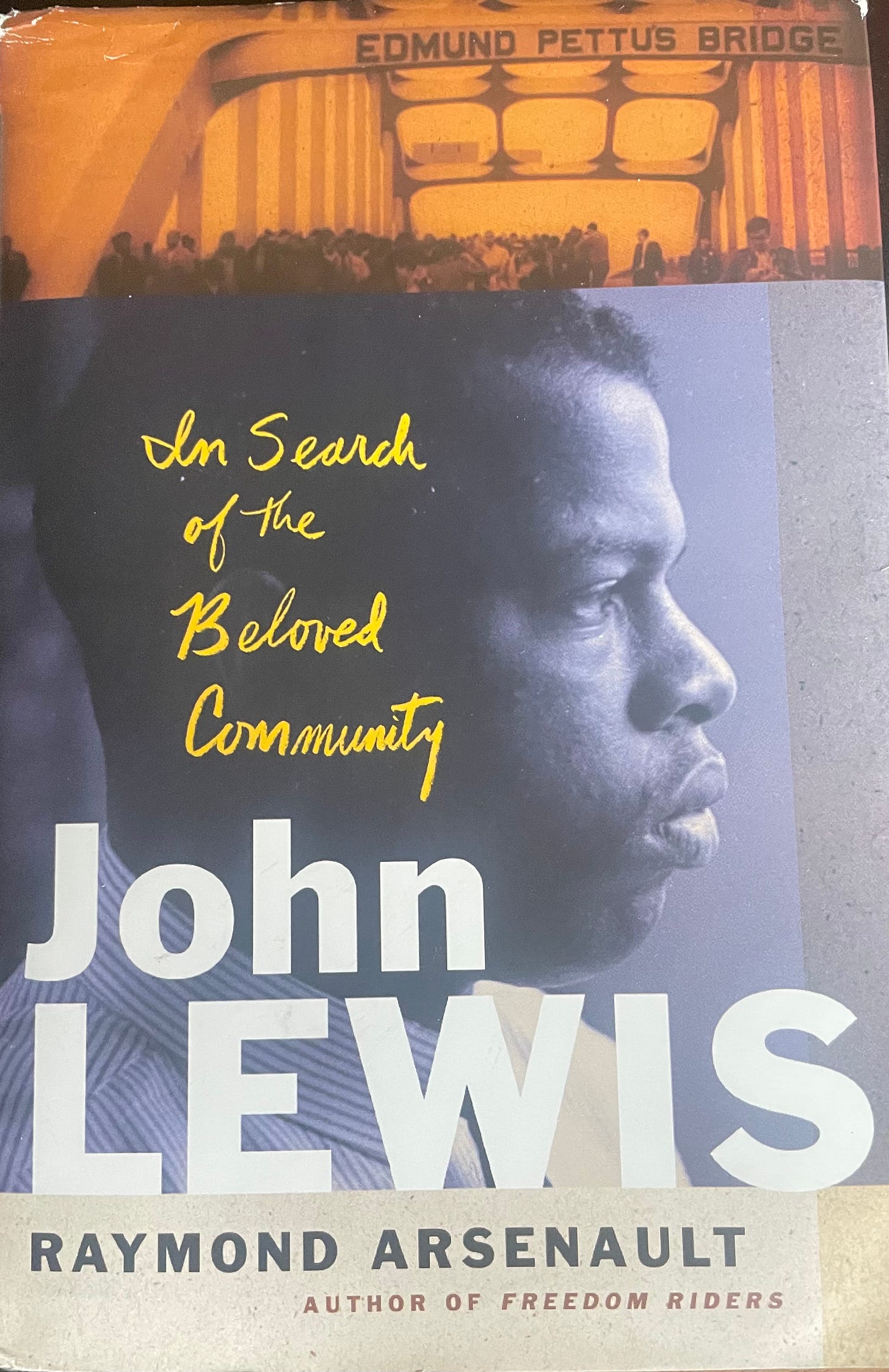

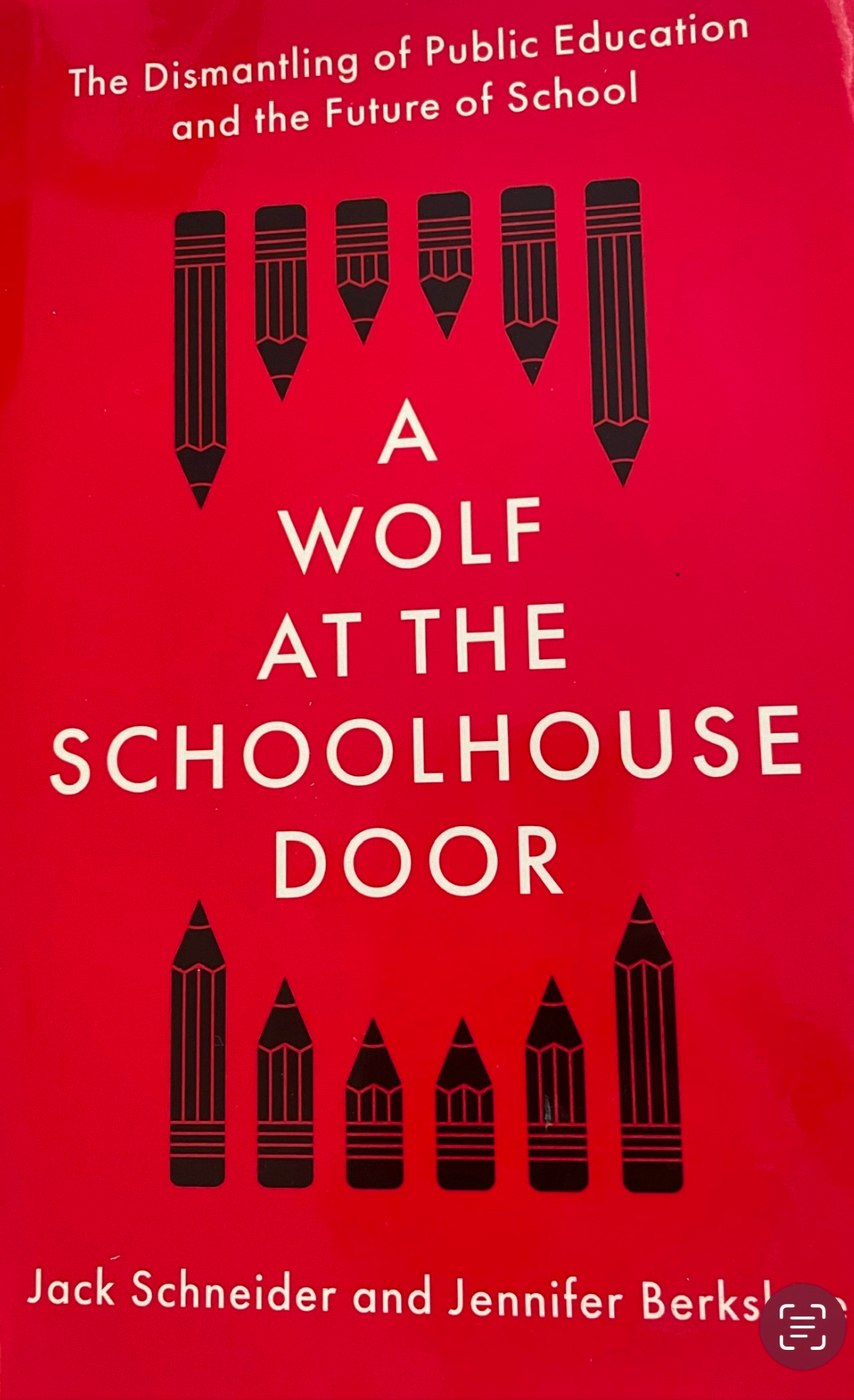
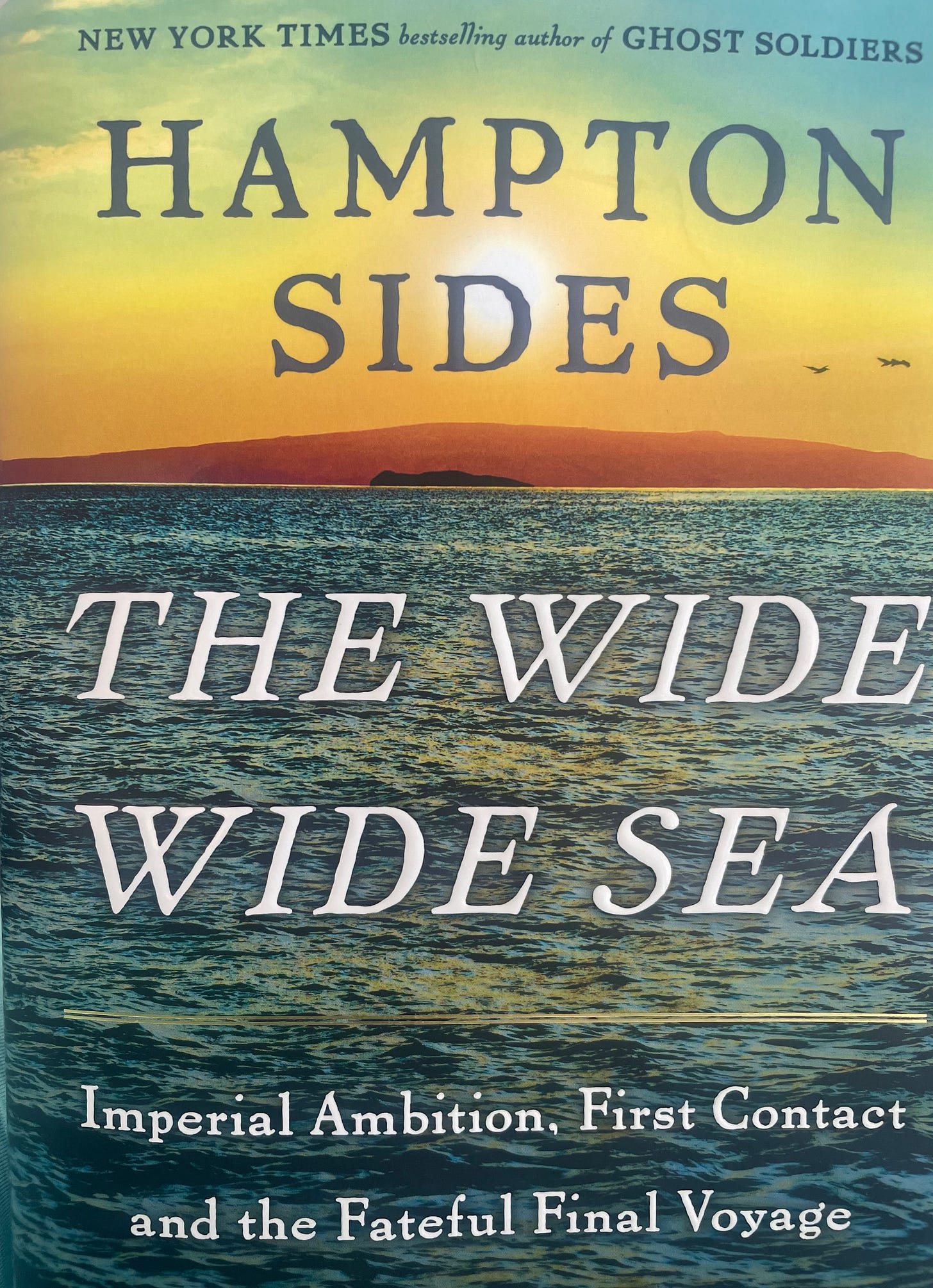
All books by Heather Cox Richardson.
I’ve put a hold, at my library, on a couple of these. Thanks.